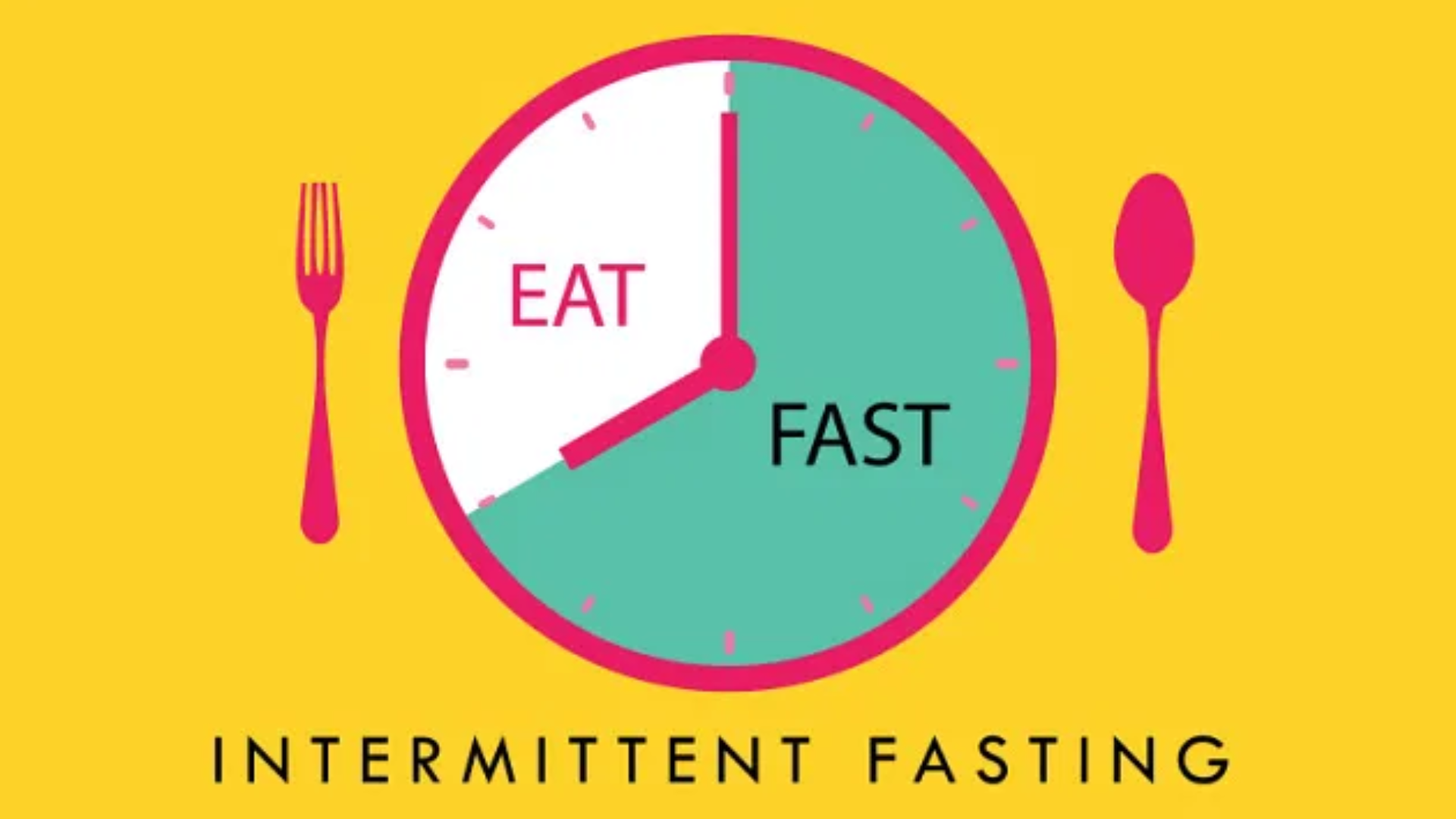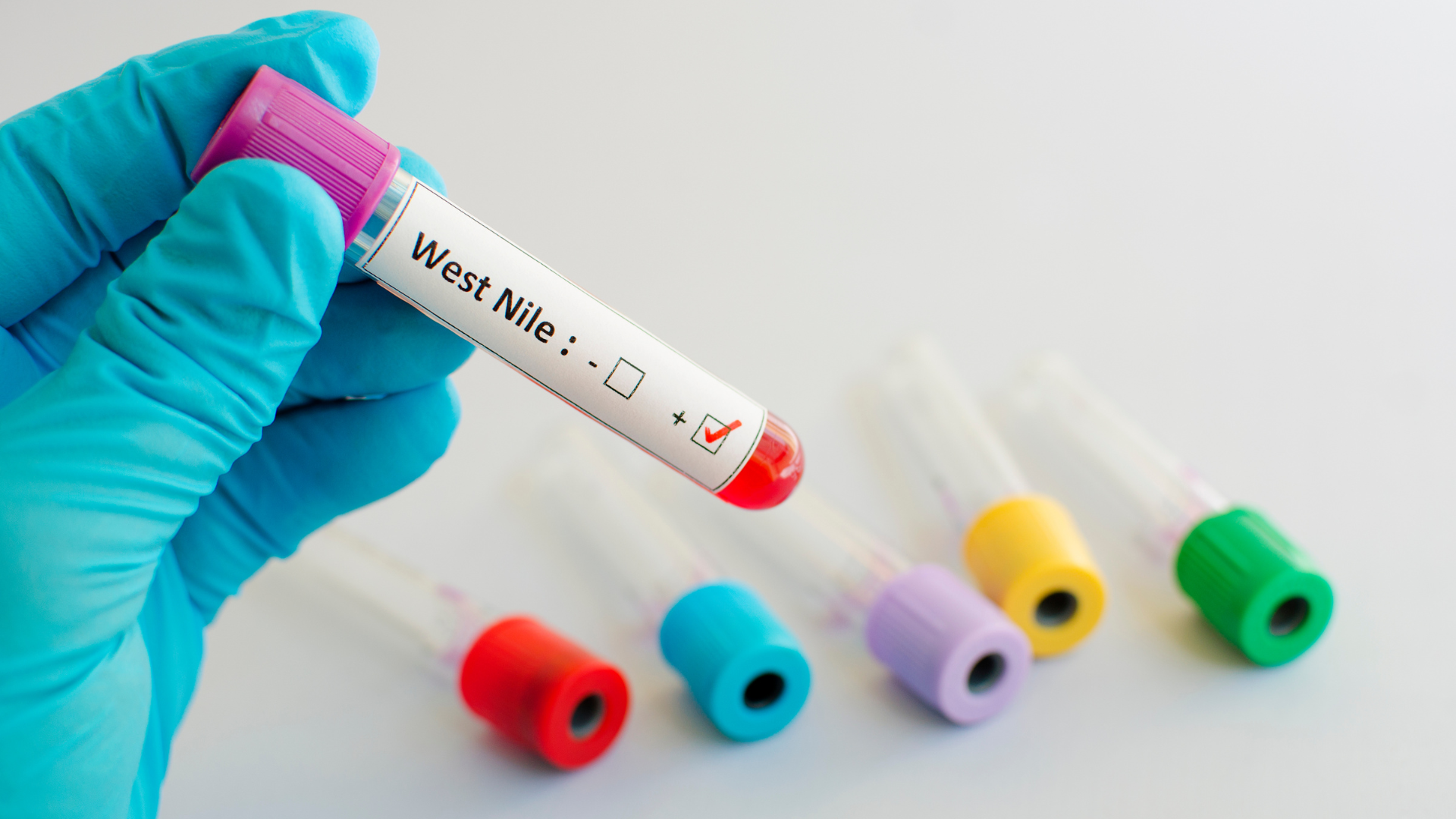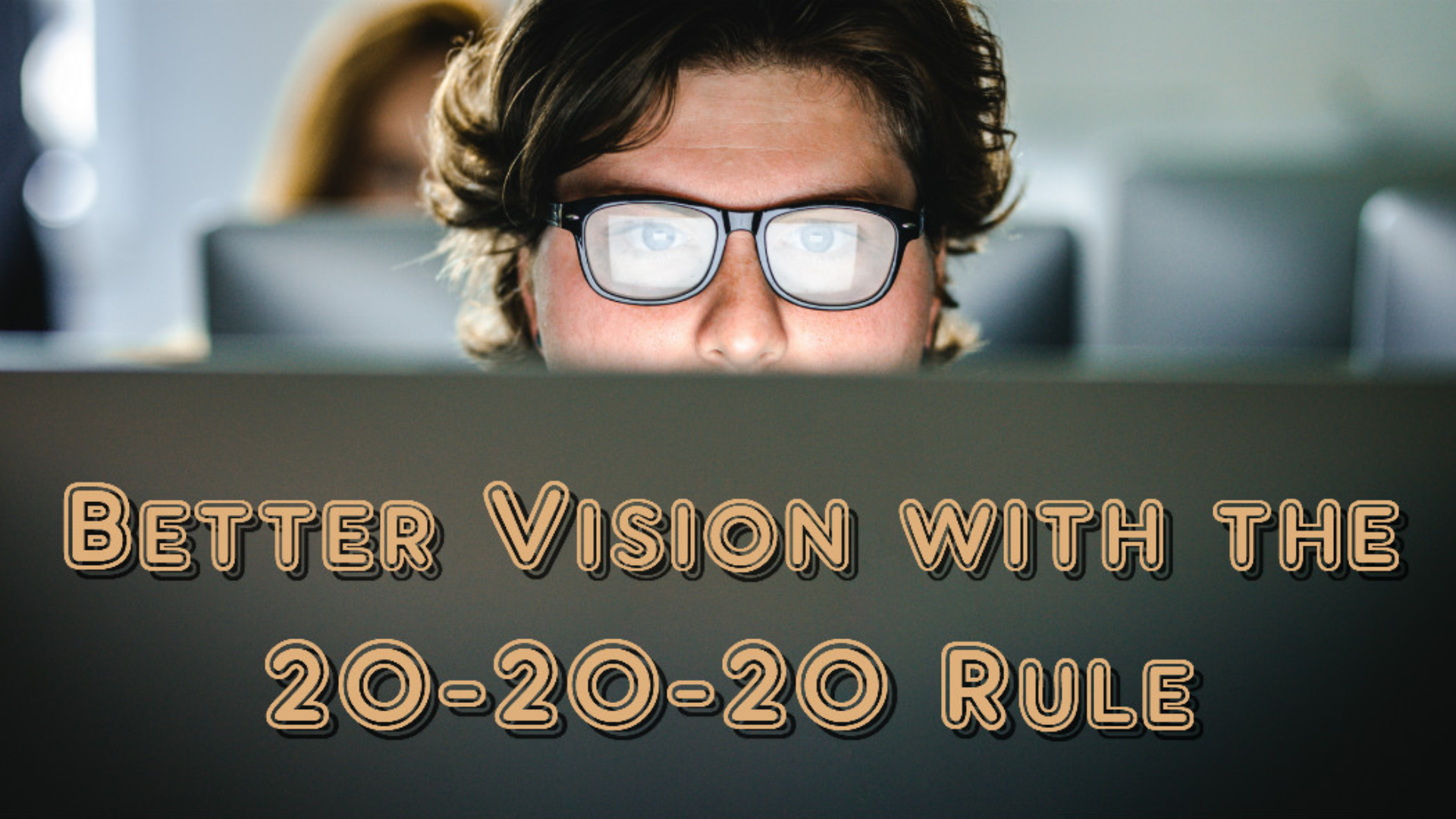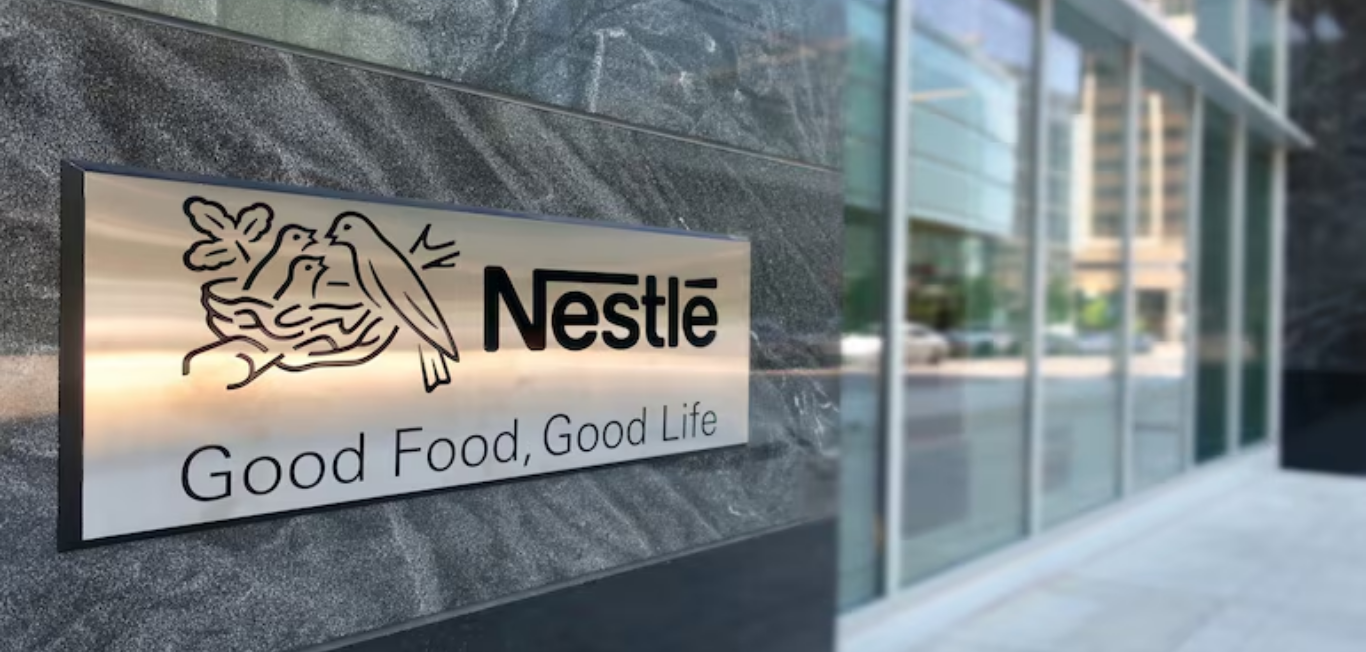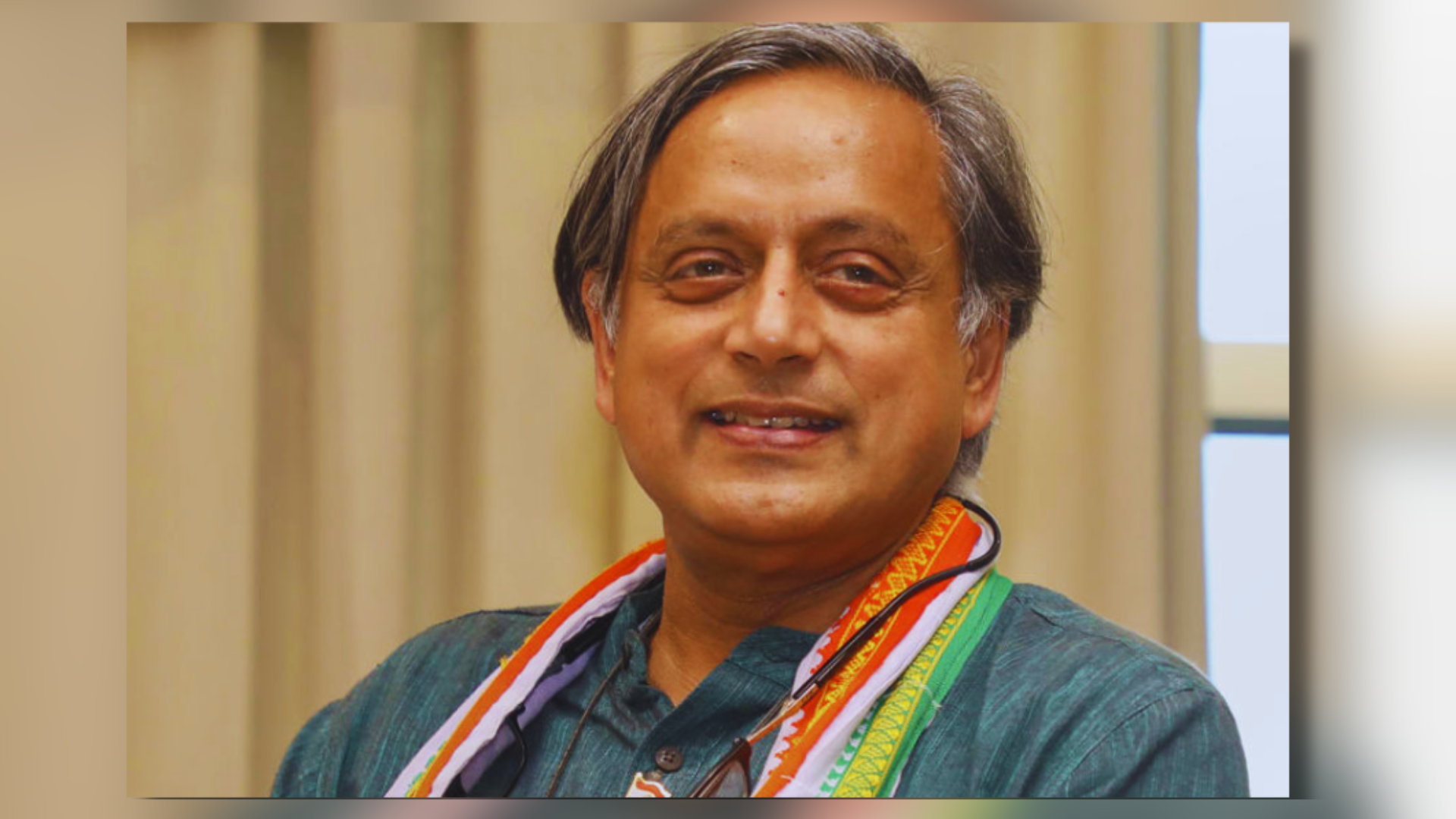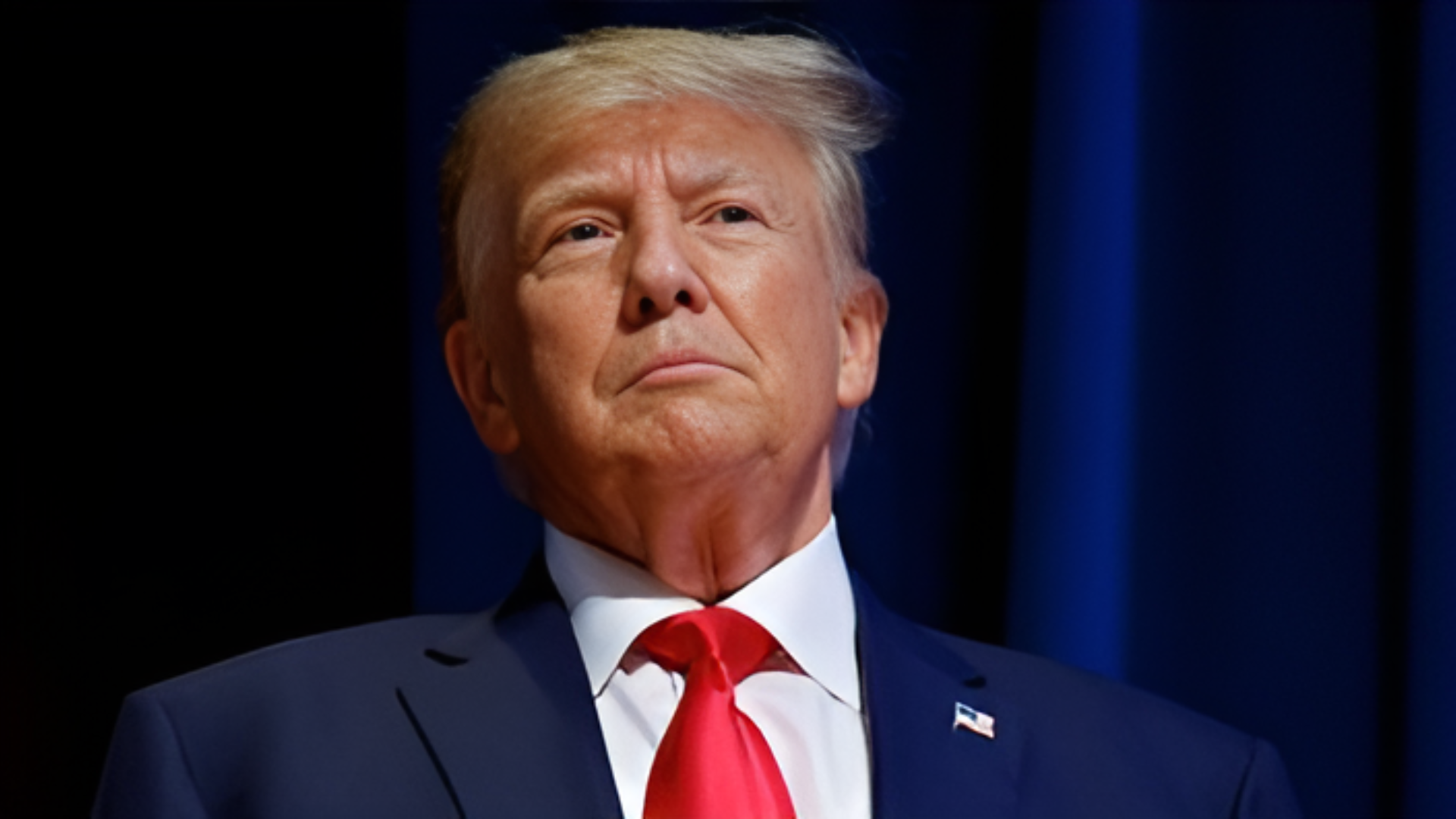A recent study revealed that one of the top brand, Nestle, adds 3 gm sugar in every serving of two of the most consumed baby products in India including Cerelac.
A Report by Public Eye has disclosed that two of Nestle’s top-selling baby food brands in India contain a notably high level of added sugar which is in a contrast to similar products that are sold in developed nations like the United Kingdom, Germany, and Switzerland, where such items are sugar-free. This report comes amidst rising concerns over the adherence to the international guidelines that are set with the aim to curbing obesity and chronic diseases, particularly in vulnerable populations.
According to the report, Nestle, renowned as the world’s largest consumer goods company, has been found to be adding sugar and honey into infant milk and cereal products in several regions across Asia, Africa, and Latin America, contrary to standards observed in more affluent markets.
Also read: Security Forces Recover Cache of Illegal Arms in Manipur Amidst Search Operations
In India specifically, the study revealed that all of the 15 Cerelac baby products contain an average of nearly 3 grams of added sugar per serving. This is in stark contrast to the same products that are being sold in Germany and the UK without the sugar content, while in countries like Ethiopia and Thailand, the sugar content can soar to nearly 6 grams per serving.
The biggest concern, at the moment, is the lack of transparency regarding added sugar levels in the nutritional information displayed on product packaging. Public Eye’s report highlights a disparity in Nestle’s messages that are being conveyed to its consumers, wherein the company prominently showcases the vitamins, minerals, and nutrients in its products using appealing imagery, but falls short in mentioning the presence of the added sugar.
The economic impact of these findings is substantial, with Nestle reportedly selling over ₹20,000 crore worth of Cerelac products in India in 2022 alone.
Experts have voiced serious concerns over the practice of adding sugar to baby products, emphasizing its potential dangers for the infants.
Also read: Polling Parties Mobilize for First Phase of Elections in State
“Adding sugar to foods meant for babies and young children is deeply concerning. Sugar is not only unnecessary but highly addictive,” stated Rodrigo Vianna, an epidemiologist and Professor at the Department of Nutrition of the Federal University of Paraiba in Brazil. Vianna further explained that exposing children to sugary tastes early on can lead to a preference for sweet foods, perpetuating a cycle that heightens the risk of nutrition-related disorders later in life, including obesity and chronic diseases like diabetes and high blood pressure.
Responding to these allegations, a spokesperson from Nestle India stated that the complany complies with local regulations and international standards that have been set for the goods. The spokesperson also mentioned that a notable reduction of up to 30% in added sugars had been made across their infant cereal range over the past five years.
“Over the past five years, Nestlé India has reduced added sugars by up to 30%, depending on the variant, in our infant cereals portfolio (milk cereal-based complementary food),” the spokesperson affirmed to LiveMint.



